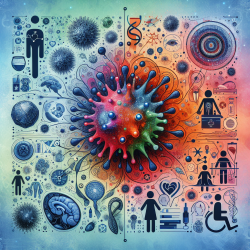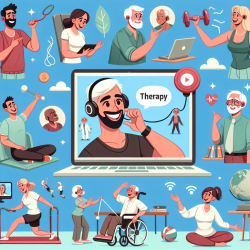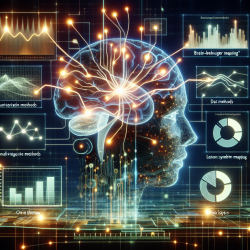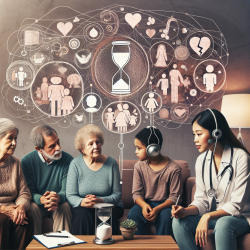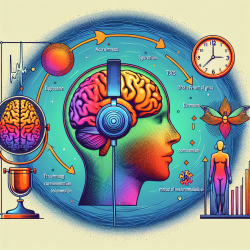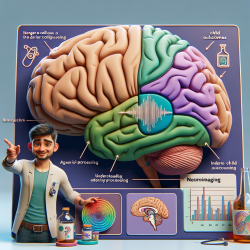Introduction
Norovirus, a positive-stranded RNA virus, is a leading cause of acute gastroenteritis globally, affecting all age groups. While its gastrointestinal symptoms are well-documented, its neurological manifestations remain underrecognized. Recent research, including the study titled "Norovirus-associated neurological manifestations: summarizing the evidence," highlights the need for practitioners to understand and recognize these neurological complications. This blog explores the findings of this research and discusses how practitioners can enhance their skills by applying these insights or conducting further research.
Key Findings from the Research
The study reviewed 21 articles involving 774 patients with norovirus-associated neurological manifestations. The most common symptoms included seizure episodes, infection-induced encephalopathy, and immune-driven disorders. The pathogenesis of these manifestations may involve neurotropism, aberrant immune-mediated injury, or both. However, the exact mechanisms remain largely unexplored.
Notably, the study found that:
- Seizure episodes were prevalent, particularly in young children.
- Encephalopathy and encephalitis were observed, with some cases showing elevated cytokine levels in cerebrospinal fluid.
- Immune-mediated disorders such as Guillain-Barré syndrome and Miller Fisher syndrome were linked to norovirus infections.
- Direct neurotropism was suggested by the presence of viral RNA in cerebrospinal fluid in some cases.
Implications for Practitioners
Practitioners, especially those working with pediatric populations, should be aware of the potential for neurological complications in patients with norovirus infections. Early recognition and intervention can significantly improve outcomes. Here are some recommendations based on the research findings:
- Enhanced Monitoring: Monitor patients with norovirus infections for neurological symptoms, especially in young children who may be at higher risk for seizures.
- Collaborative Care: Work closely with neurologists and other specialists to manage complex cases involving neurological manifestations.
- Research Engagement: Engage in or support further research to explore the mechanisms underlying these neurological complications. This can lead to better diagnostic and therapeutic strategies.
Encouraging Further Research
Despite the insights provided by the current research, there is a need for more studies to fully understand the pathogenesis of norovirus-associated neurological manifestations. Practitioners are encouraged to contribute to this body of knowledge by participating in research initiatives or collaborating with academic institutions.
To read the original research paper, please follow this link: Norovirus-associated neurological manifestations: summarizing the evidence.
